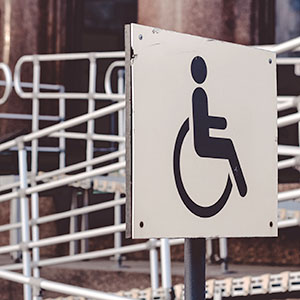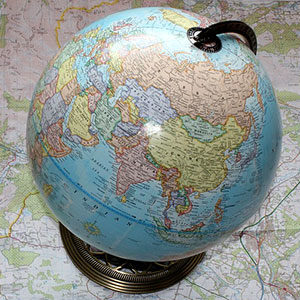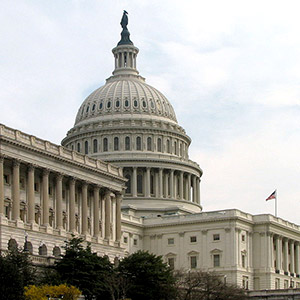
Nancy J. Hirschmann, “Bringing Back the Body: A Political Theory of Disability”
For years, public discourse and policy debates about people with disabilities have focused on the rights of those with medically recognized impairments. Increasingly, however, scholars of disability studies, including Fellow Nancy J. Hirschmann, professor of political science at the University of Pennsylvania, are reshaping the way we see our bodies, the range of freedoms we enjoy, and the limitations we experience. In this podcast, Hirschmann helps us make sense of the complex relationship between freedom and disability. She speaks about her latest book project, Freedom, Power, and Disability, which builds on her work on the intersections of politics, gender, and philosophy.








